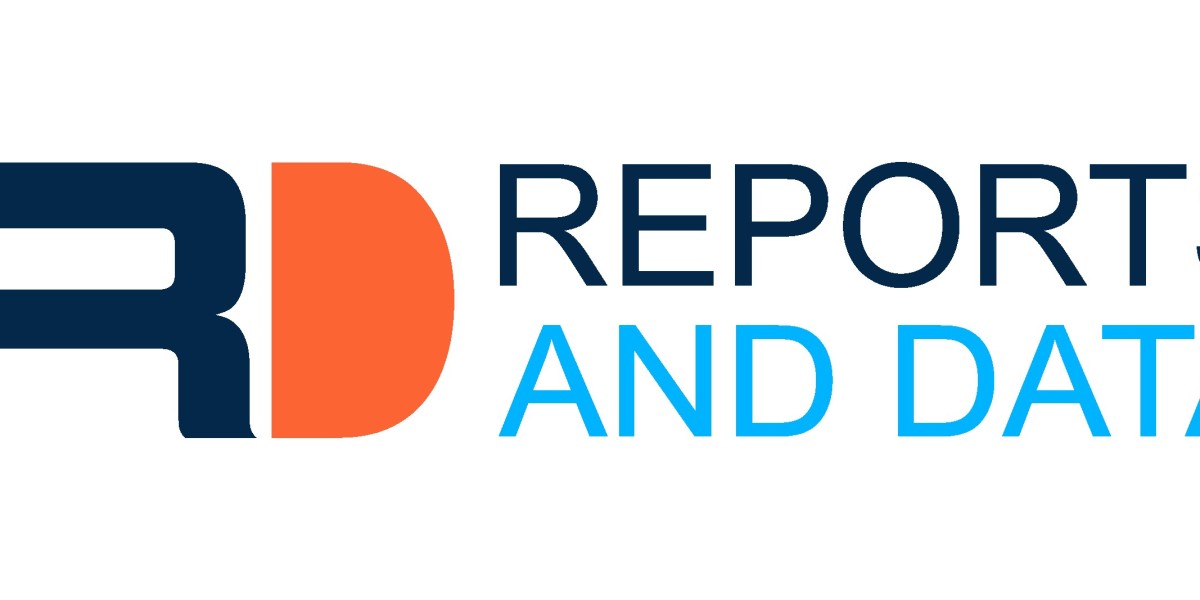Understanding CDTFA Audit Assistance
CDTFA audits are conducted to ensure that businesses comply with California's tax laws and regulations, including sales and use tax, excise tax, and other fees. These audits can be triggered by various factors, such as inconsistencies in tax filings, industry-specific compliance issues, or random selection. Regardless of the reason, undergoing a CDTFA audit requires meticulous preparation and a thorough understanding of relevant tax laws.
One of the key aspects of navigating a CDTFA audit is seeking professional assistance. Tax consultants and experts specializing in CDTFA audits can provide invaluable support throughout the audit process. From conducting internal reviews to representing the company during audit proceedings, these professionals play a crucial role in ensuring compliance and minimizing potential penalties.
Businesses undergoing a CDTFA audit should also prioritize transparency and cooperation. Maintaining accurate records, promptly responding to audit inquiries, and addressing any identified issues proactively can help streamline the audit process and demonstrate good faith compliance efforts. Additionally, businesses should familiarize themselves with applicable tax laws and regulations to better understand their rights and responsibilities during the audit.
Leveraging the R&D Tax Credit Program
While CDTFA audits can pose significant challenges, businesses can also take proactive steps to optimize their tax positions and mitigate liabilities. One such strategy is leveraging the R&D Tax Credit Program, a federal and state-level initiative designed to incentivize innovation and technological advancement.
The R&D Tax Credit Program provides tax incentives to companies engaged in qualified research activities, including the development or improvement of products, processes, or software. Eligible expenses may include wages, supplies, and contract research expenses incurred in the pursuit of innovation. Importantly, the R&D tax credit is available to businesses across various industries, not just traditional research and development firms.
By claiming the R&D tax credit, businesses can offset a portion of their tax liabilities, thereby reducing their overall tax burden. Furthermore, the R&D tax credit can be a valuable tool for businesses undergoing CDTFA audits, as it demonstrates a commitment to innovation and investment in research and development activities.
Conclusion
Navigating a CDTFA audit can be a complex and challenging process for businesses. However, by seeking professional assistance, maintaining transparency, and leveraging available tax incentives such as the R&D Tax Credit Program, businesses can effectively manage their tax obligations and minimize potential liabilities.
Incorporating these strategies not only facilitates compliance with tax laws and regulations but also fosters innovation and growth within the business. By embracing a proactive approach to tax compliance and optimization, businesses can position themselves for long-term success in the dynamic business landscape of California and beyond.



